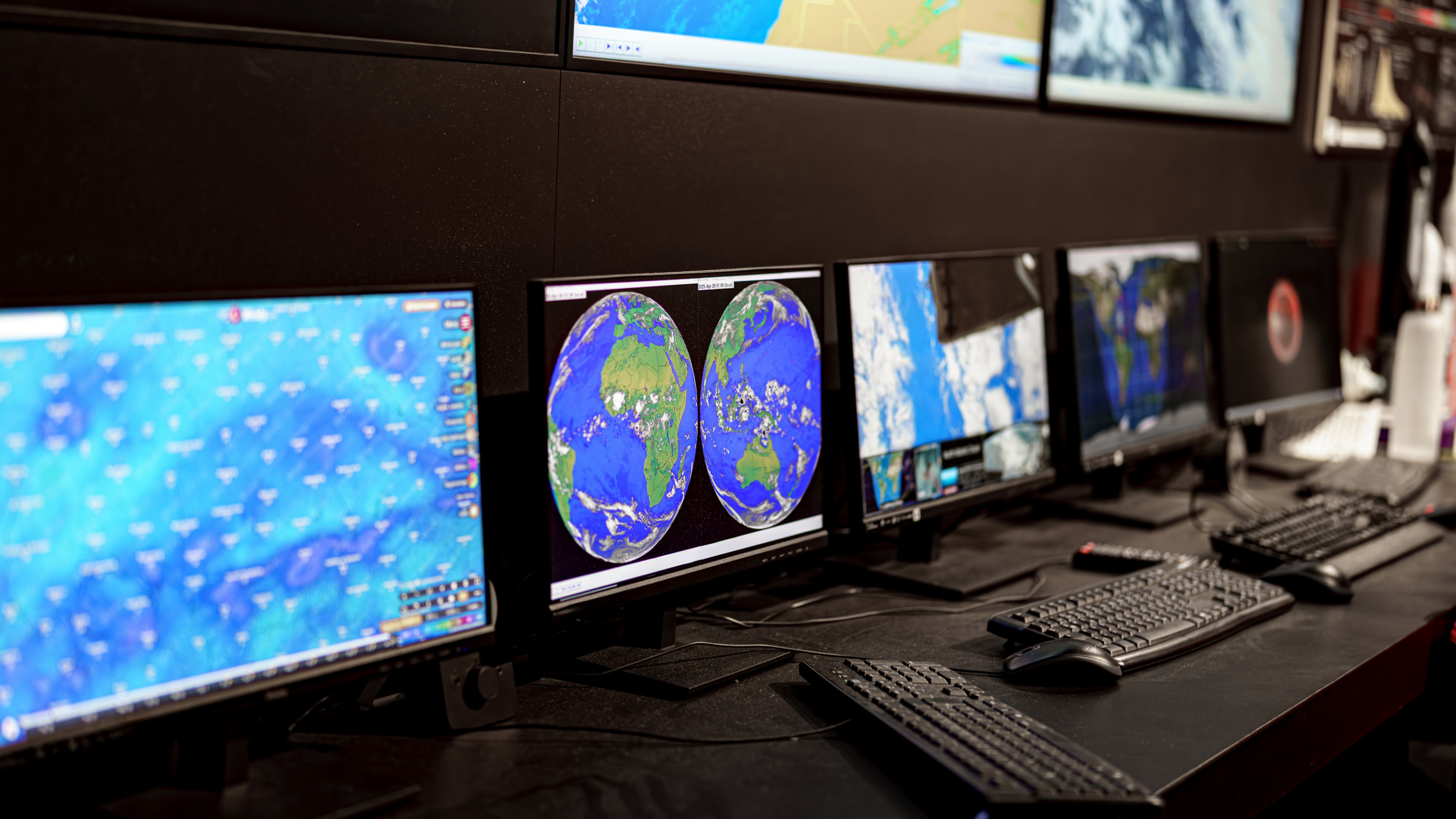Advanced programming and the aims of standardization
The GRE advanced test in computer science
Mxec: parallel processing with an advanced macro facility
The Four Incremental Steps Toward Advanced Mobile Service Adoption
Requirements for advanced programming systems for list processing
Advances and Challenges in Log Analysis
Advancements in Weather Prediction
The amount and quality of topographical, land use, land cover, coastline, and other data feeding forecasting models are leading to better predictions.
Quantum Datacenter Intranet Advances
Address the Consequences of AI in Advance
Algorithmic Advance: the Group Isomorphism Problem
Shape the Future of Computing
ACM encourages its members to take a direct hand in shaping the future of the association. There are more ways than ever to get involved.
Get InvolvedCommunications of the ACM (CACM) is now a fully Open Access publication.
By opening CACM to the world, we hope to increase engagement among the broader computer science community and encourage non-members to discover the rich resources ACM has to offer.
Learn More






